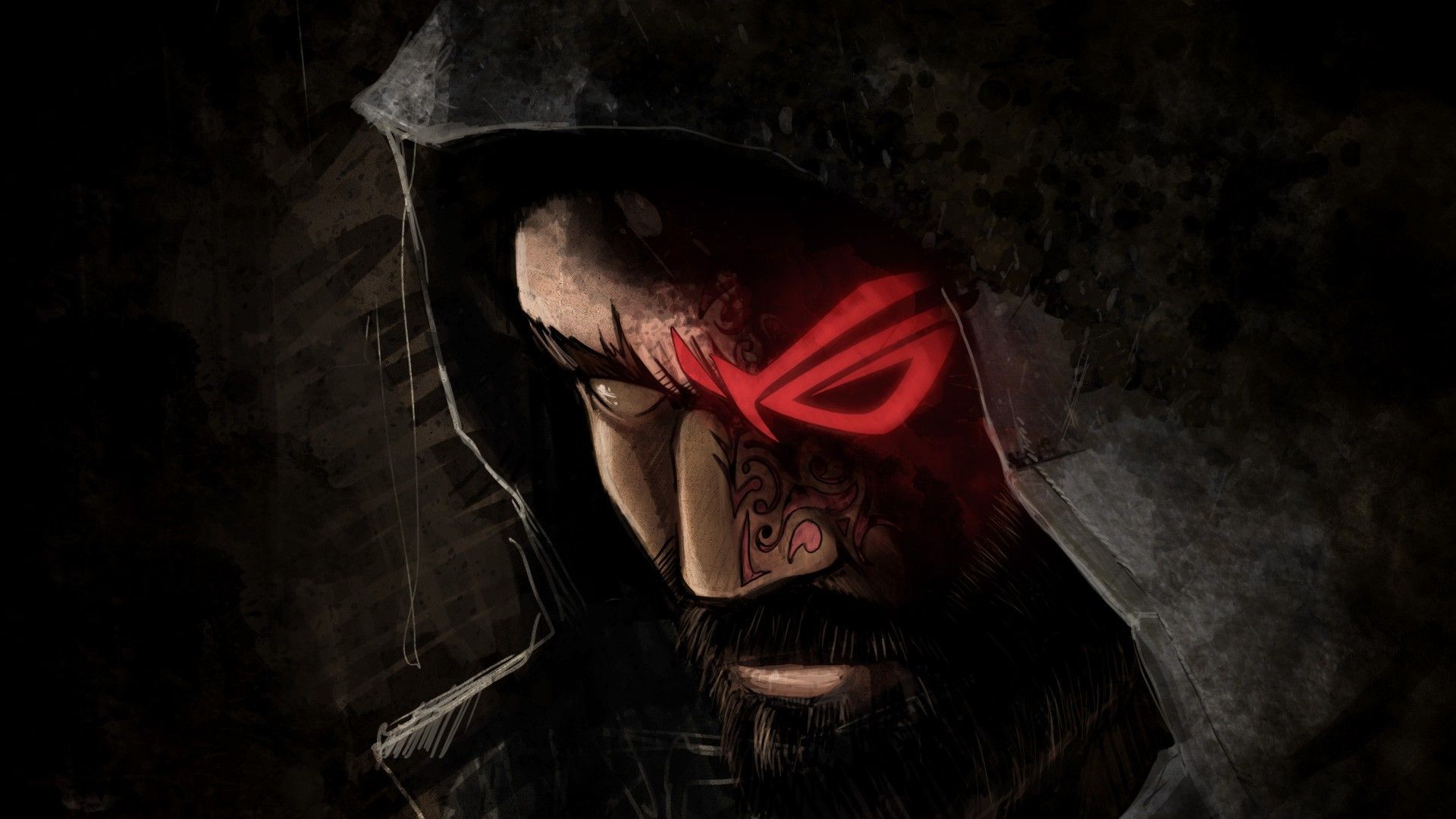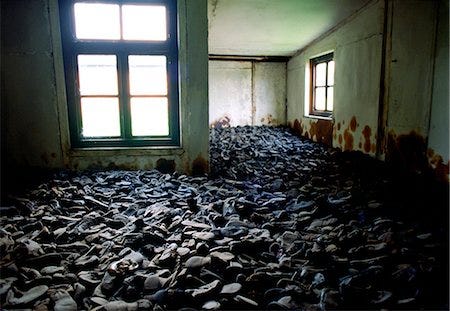Murdering the President: Fighting for the Dark Soul of Drama


Pundits and critics the world over spend years of typing theses surrounding why audiences turn off from American-style melodrama. Let me save you the time: it’s because it’s not drama. It’s phoney. It’s inverse.
Drama is more often than not about people doing bad things. Good people crossing the moral line to turn bad. Bad people doing horrific things that make good people suffer. Ordinary people doing unbelievable things that are unconscionable.
The very word “plot” is lost in modern fiction. An antagonist is plottingor conspiring to do something bad. Without a conspiracy, there is no drama.
The anaemic “Hero’s Journey” is largely responsible for this mess. Take Bond, for example. Bond is defined by his villain: Fleming’s man is predominantly an unchanging, 2-dimensional gambler; his nemesis is what changes from film to film. He leaps into danger unthinkably, instead of femininized mantra of “stay safe”.
Drama is not about heroes, and never has been. It is about villains, and the dark side of human nature. It is the morbid and the macabre which fascinate us with their controversy. If you want uplifting small talk, watch a Disney cartoon. Take Bond and make him “stay safe”, and you get Jason Bourne.
Drama is murder. Adultery. Greed. Lust. Betrayal. Danger.
Modern “drama” inverts the very idea of tragedy in the belief that cinema is exclusively a “feelgood” form of art. The narrative follows the “hero” over his ‘inciting incident” and “obstacles”, attempting to generate insincere “tension” before the “crisis”. The endless retelling of the American Revolution — the ordinary family everyman with a law enforcement past is on the run against an Imperialist enemy to protect the President and the American Dream — is a nonsensical and horrifically boring corpse of a horse that still gets beaten endlessly, and it died years ago.
Drama follows a dastardly plot that a character forms because of their evil human nature to do something morally questionable. The story writes itself; if it doesn’t, you don’t have a story.
Iago gets Othello to kill his wife. Macbeth murders the king. Edmund Dantes takes revenge for 16 lost years. Milton dictated the loss of paradise, not its salvation. Frank Underwood plots his coup. Westeros fascinates us with its barbarism. Damien is born evil.
If you need “tension” in your script, your story sucks. Your story should tell itself, and the drama should be self-evident without needing surgery to fix it. And to put it simply, drama is about murdering the President, not saving him. Nobody needs to have it spelt out to them why Dantes or Ahab do what they do.
A home invasion becomes profoundly trivial compared to one of your family murdering their sibling — for absolutely no reason. The unknown, and what we don’t understand, or can’t rationalise, is infinitely more terrifying than what we can compartmentalise for easy viewing on a Friday.
Well-meaning screenwriters try absolutely everything: accelerating events; increase the stakes; bigger explosions; better looking familiar people; more spectacle in the editorial backdrop; more time on character development. Yet it all ends with the same “motivation” they believe the man on the street will “connect” with: their family. Every single person’s “motivation” has to be clearly exposed so obviously — with the moral line — that it’s an artistic kindergarten.
Vengeance is a more powerful motivator than justice; greed is more virulent than altruism. Our dark side is unstoppably more attractive than its consumer alternative, because it highlights something we already know about ourselves: turn off electricity for 48hrs, and you have The Purge. Civilisation is held together by a thread in the human zoo. The more you increase the spectacle, the further you get from the heart; you can gasp at the building falling, but you’ll be haunted by Hannibal Lector’s inhumanity.
Not a film goes by in the modern age without a leading character declaring, somewhere in a script, that their desperate motivation is he or she “saving” or “protecting” their family, or “keeping their family safe”. It’s now so endemic that you could easily classify it as Development Tourettes.
The editorial intention behind these banal development cliches is broadly good, as it’s indeed a very powerful motivation in the right context. In a predominantly escapist medium, Hollywood always needs to find a way to connect to their audience and make the empathy real; to make the events relevant to the everyman on a deeply personal level. The trouble is that the proliferation of this trope is now so pervasive that it’s not just entirely meaningless, but cringeworthy: you can literally count down the minutes until lead 1 or 2 screams it at their co-star to beat it into the audience, and you get that involuntary urge to vomit emerging in the recesses of your chest.
Stretching the bounds of plausibility is Tinseltown’s trademark, which the audience is no stranger to. However, the sheer condescension in this idea means it just needs to go away. You can almost imagine these well-meaning script doctors looking down on the masses from rented offices in Californian Tower blocks, pontificating it’s the only motivation their simplistic audiences will understand. It’s hackery; creative bankruptcy at it’s most insidious.
How far would you go to protect your family? What would you do to save or avenge a loved one?
The ordinary answer is, sadly, not very far. Most households — in the Western world alone — are worryingly dysfunctional; just spend five minutes at any Thanksgiving dinner. Hollywood’s obsession of hoping to get audiences to connect with this unrealistically child-like idea are entirely counter-productive simply because audiences can’t really understand them, as it’s not something commonplace in the ordinary world they live in.
Very few, if any, people in the Western world have to risk life and limb to save or protect their family. Nor would they want to, as most can’t stand them. Home invasions, alien invasions, apocalyptic futures — the list goes on. Almost every time, the context is reduced to some patronising hothouse of a mother or father trying to “keep their family safe” from some absurdly implausible outside force, or ending in the uniting of two lovers into a young family.
The idea is you’re supposed to watch this with a straight face, and connect with the character because you understand why they are behaving the way they are. You don’t.
We know why people love who they love. A more haunting question for the drama lover is much more alarming: why would a person kill someone they love?
Underpinning Stephanie Meyers’ many offenses against dramatic art is her chronically ignorant understanding of what made “Romeo & Juliet”the timeless classic her monstrosity “Twilight” wasn’t. Amidst the revolting idea that teenage co-dependence is the truest manifestation of love, we find, yet again, a misunderstanding of “forbidden love” which fails at the gate, to be an inevitably stillborn turd.
The tragedy is spelt out in the very first few minutes: these two lovers die. Why, then, do we continue to watch?
One perfect night. Their love is perfect, just for one moment alone. We know they’re doing to die, but we want our heart to break at the tragedy of it only being consumated secretly under the moonlight against all odds. Our desperation is in the madness of human nature forbidding something perfect, yet it escaping to be finally ignited.
In Meyers’ world, the love is actually fulfilled long-term in some tedious Cosmo-style over-analyzing of “the relationship”; the precise opposite of what the romance is. The dramatic inevitability — the dramatic irony reaching through the Fourth Wall — is that our joy in the consummation is magnified by knowing it is the only perfect time it is fulfilled. All is doomed. But for one night, it is perfect.
In Inferno, Dante illustrates there are nine levels to Hell itself, reserved for crimes of increasing immorality. But interestingly, he places violence above fraud, which itself is below the worst: treachery. Crimes of the mind, or fraud — which Aesop personified in the Fox — are worse than crimes of Force, also found in the Lion. And these form the only two plots: Forza, and Forde; conspiracies of strength and violence, and those of cunning manipulation.
The very quintessence of drama — that is to say, its deeper function in human history as an art form — is the re-telling of stories to facilitate each of us to self-examine one simple, basic dual question. It’s the question on which philosophy and metaphysics, as well as every other art form attempts to answer:
What does it mean to be human? What is human nature?
That question fundamentally comes down to what human nature is, and has always been. It’s a method and expression of understanding ourselves, and who we have been. We all understand the role of nurture; our fascination with the dark macabre is wondering what the evil of our nature is.
One characteristic defines humans against all other animals: our ability to consciously choose to sin. Drama, at its core, is an exploration of that quality, and the passing down of our collective wisdom and understanding of that condition, hence the conclusion of all historical stories in the epitome of a “moral”.
Simple ideas have simple language to define their purpose and content. A story has a plot carried out by a person who illustrates a certain type of character, where the end result is a discussion of what is moral. Somewhere, somehow, the essence of this cave art form has been lost in the American consumer machine, as it regurgitates to middle class white people exactly what they want to hear about themselves.
